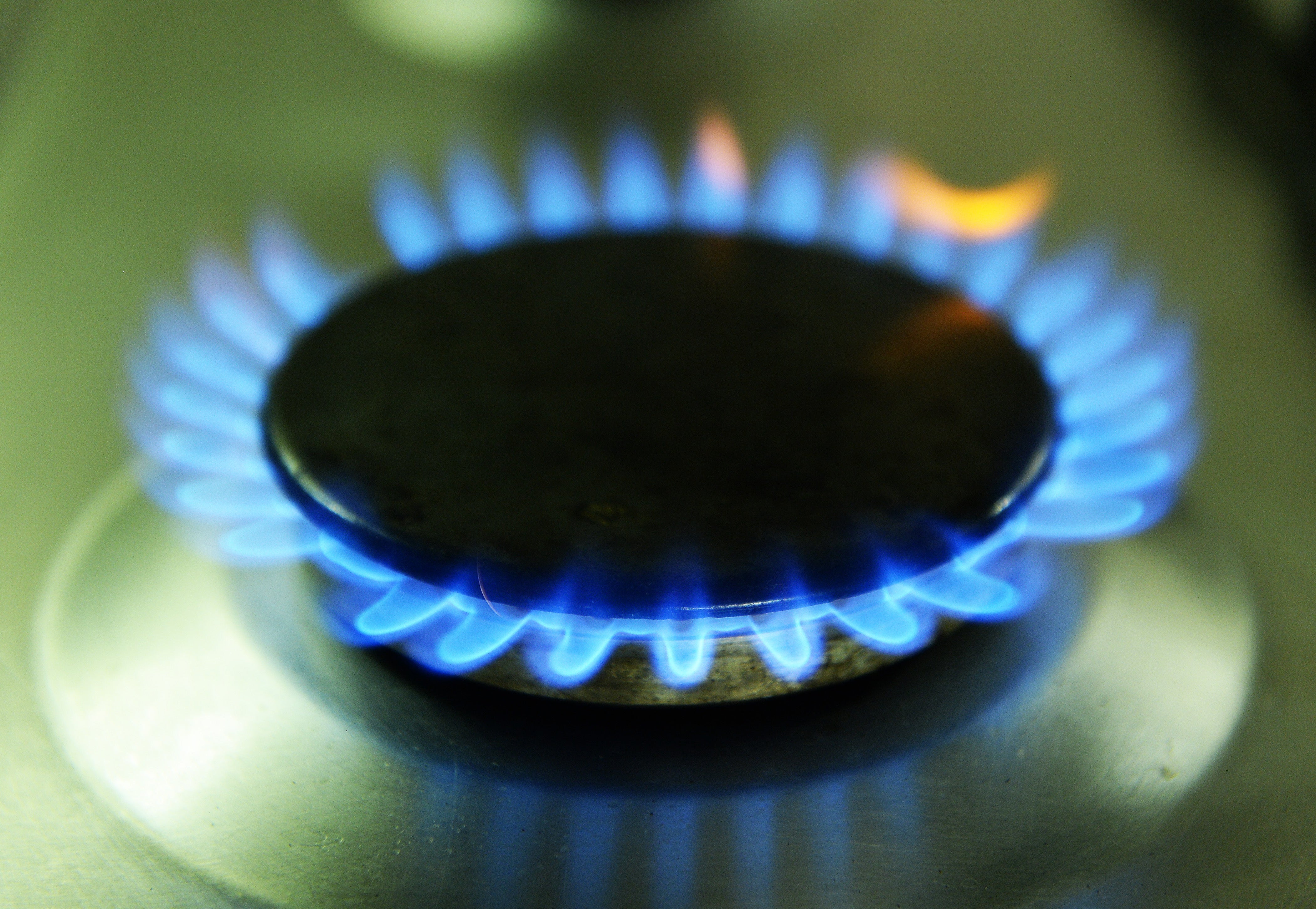Which energy companies have gone bust during gas crisis?
A slew of electricity and gas firms collapsed as gas prices spike

Your support helps us to tell the story
From reproductive rights to climate change to Big Tech, The Independent is on the ground when the story is developing. Whether it's investigating the financials of Elon Musk's pro-Trump PAC or producing our latest documentary, 'The A Word', which shines a light on the American women fighting for reproductive rights, we know how important it is to parse out the facts from the messaging.
At such a critical moment in US history, we need reporters on the ground. Your donation allows us to keep sending journalists to speak to both sides of the story.
The Independent is trusted by Americans across the entire political spectrum. And unlike many other quality news outlets, we choose not to lock Americans out of our reporting and analysis with paywalls. We believe quality journalism should be available to everyone, paid for by those who can afford it.
Your support makes all the difference.The worsening energy crisis in Britain has seen seven companies go bust and several others teetering on the brink.
Record high wholesale natural gas prices have begun to decimate the sector, with smaller firms unable to afford the rocketing prices to buy gas and unable to significantly rise their prices due to the government’s price cap.
On Wednesday, Avro Energy and Green Supplier Limited became the two largest companies to collapse.
Between them they served 835,000 customers, about 2.9 per cent of the total market.
While the regulator Ofgem will switch all their old customers to a new supplier automatically, the disruption in the industry has raised concerns the government will have to step in.
The two firms joined five others which had already ceased trading in the past few months.
In August, HUB Energy, which only had 6,000 customers, shut down, while in the last two weeks PFP, MoneyPlus, Utility Point and People’s Energy all also exited the supply market.
In total, 1.5m people have seen their energy company go bust, placing huge strain on the surviving larger firms to suddenly absorb large numbers of new customers at a time when they are also struggling to afford to buy wholesale natural gas.
Other companies are also believed to be battling to stay afloat. Igloo, a medium-sized supplier, is reportedly on the verge of collapse, with administrators said to be assessing the options for insolvency.
Bulb, a startup which has rapidly grown to become Britain’s sixth-largest energy supplier with 1.7m customers, is reportedly seeking a bailout as it struggles to ride out the crisis.
The company is reportedly in talks with financial advisory firm Lazard to secure emergency new sources of funding, and is exploring merging with another firm or raising money from investors.
The government has already decided to subsidise another victim of the gas price crisis, CF Fertilisers, which produces most of the carbon dioxide used by UK industry but shut down operations because it could no longer afford to buy natural gas it used to produce CO2.
Some industry insiders have predicted by the end of the year dozens more energy companies will collapse, forcing ministers to intervene in the domestic energy market as well.
Some of the energy companies which have failed have pointed the finger at the price cap, which sets a maximum tariff for consumers. Green Supplier Limited said in a statement announcing it was shutting down “unprecedented market conditions and regulatory failings” were to blame.
The company had previously been one of 15 smaller firms which had collectively called on the government to review its price cap policy, which it argued forced suppliers to sell gas at a loss because they could not pass on rising wholesale prices to consumers.
So far, however, Kwasi Kwarteng, the business and energy secretary, has rejected this analysis and said he had no intention of bailing out what he characterised as badly managed companies.
Since the UK’s energy market was deregulated about 20 years ago, the Big Six firms – British Gas, EDF, E.ON, Npower, Scottish Power and SSE – have dominated the industry, at times supplying effectively 100 per cent of households.
However, in recent years their market share has dropped to 70 per cent, as a large number of smaller competitors have flooded into the sector and customers become more used to price comparison sites and regular switching to find better deals.
But the current crisis has exposed how some of the challenger energy startups were overly reliant on aggressive discounting to win new customers and building market share before turning a profit, meaning the sudden spike in wholesale prices has left many vulnerable to collapse.
Join our commenting forum
Join thought-provoking conversations, follow other Independent readers and see their replies
Comments